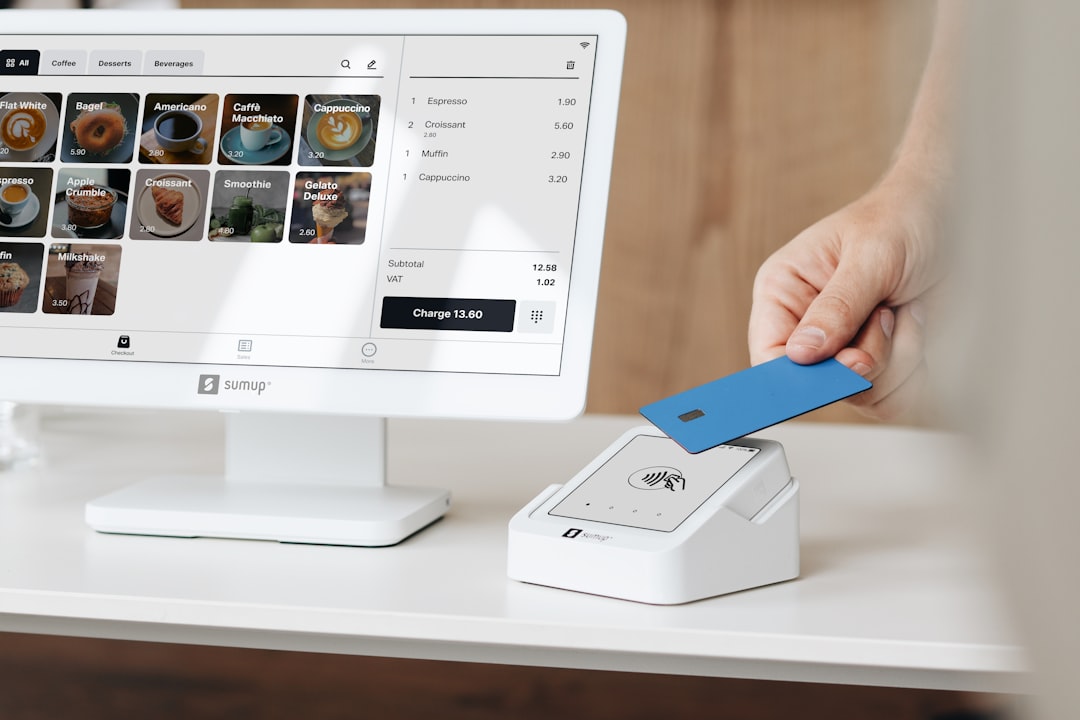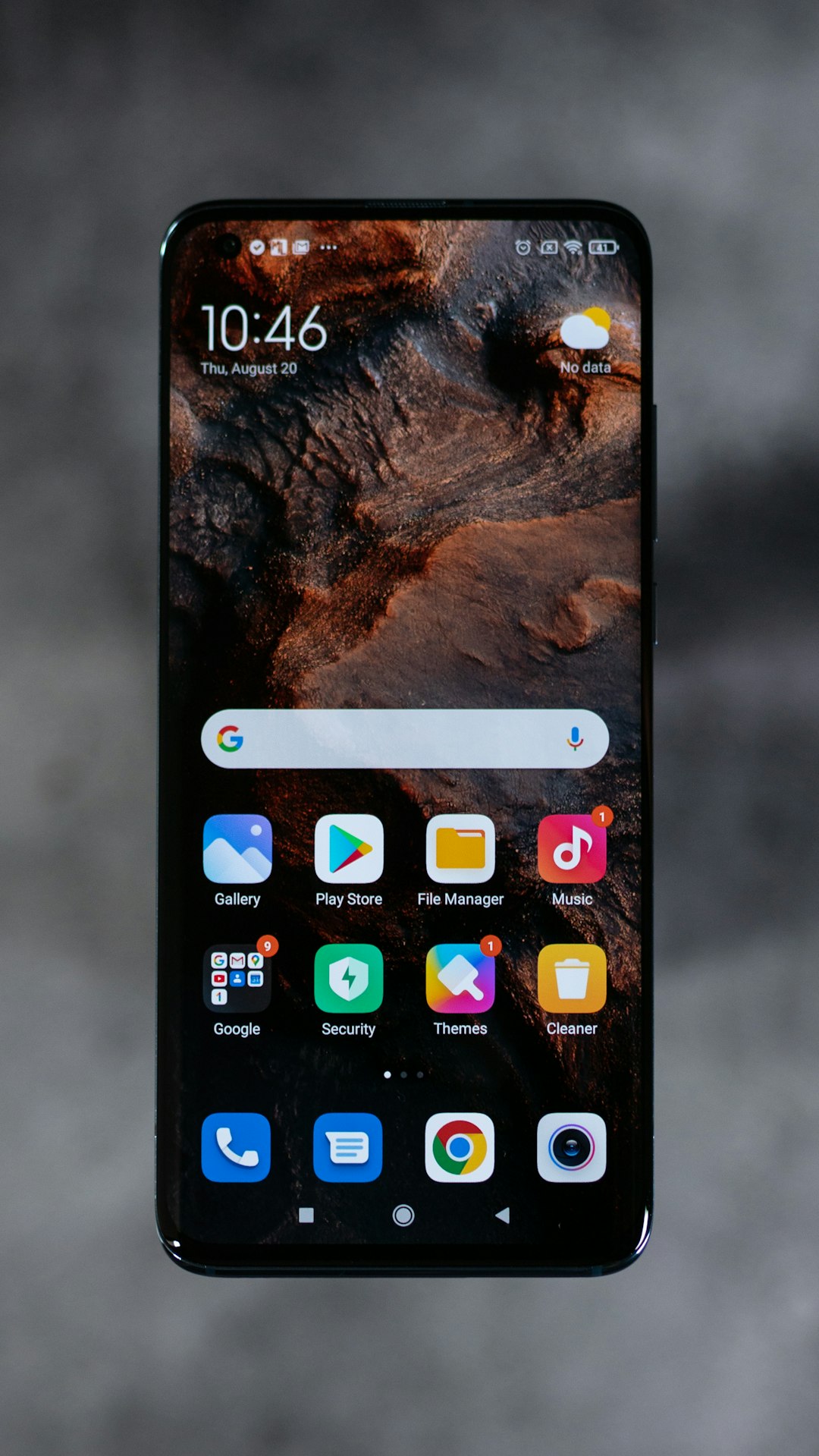In Arvada, Colorado, healthcare communication has evolved from traditional robocalls to digital platforms like telemedicine and patient portals, offering increased convenience. However, patients still seek less intrusive alternatives to robocalls, as these automated notifications cause frustration and privacy concerns, even with legal protections in place via the TCPA. Healthcare providers must balance engagement with compliance, adopting innovative strategies like AI chatbots and personalized messaging to enhance patient satisfaction and reduce instances of "Can I Sue For Robocalls Colorado."
In today’s digital age, patient communication is transforming, especially as Arvada healthcare facilities explore alternative methods beyond traditional robocalls. The evolving landscape demands personalized, engaging approaches to connect with patients effectively. This article delves into the challenges of robocalls in Colorado, where the ‘Can I Sue for Robocalls’ question looms large. We explore innovative communication channels and legal considerations shaping the future of patient engagement, aiming to enhance experiences through tailored interactions.
The Evolving Landscape of Patient Communication in Arvada Healthcare

In recent years, patient communication in Arvada healthcare has undergone a significant transformation, moving beyond traditional methods like robocalls. With advancements in technology and a growing emphasis on personalized care, healthcare providers are now exploring innovative ways to engage with patients. This shift is driven by the recognition that effective communication is key to improving patient outcomes and satisfaction.
The evolving landscape includes the adoption of digital platforms, telemedicine, and patient portals, enabling two-way conversations and access to medical records. These tools not only enhance convenience but also foster a sense of partnership between healthcare professionals and patients. Meanwhile, concerns about robocalls persist, with many wondering, “Can I sue for robocalls in Colorado?” as patients seek more meaningful and less intrusive communication methods.
Challenges with Traditional Robocall Notifications in Colorado

In Colorado, traditional robocall notifications for healthcare appointments and reminders have become a source of frustration and even legal concern for many patients. While automated calls can offer efficient appointment management, they often face significant challenges in terms of patient experience and privacy. Many Coloradans report feeling annoyed and even scared by the frequent and sometimes unwelcome robocalls, leading to potential health risks due to missed appointments or delayed care.
Moreover, issues surrounding consent and privacy rights have sparked discussions about the legality of robocalls in Colorado. The ability to sue for robocalls is not an uncommon topic of discussion, as patients seek recourse for unsolicited calls that invade their personal space. In light of these concerns, healthcare providers must consider innovative communication strategies that prioritize patient comfort, preference, and legal compliance beyond traditional robocalls.
Exploring Alternative Communication Channels for Better Patient Engagement

In today’s digital age, healthcare providers must evolve their communication strategies to meet patient expectations. Traditional robocalls, while convenient for reach, often fall short in fostering meaningful engagement. Beyond legal considerations—including Can I Sue For Robocalls Colorado—which discourage such practices, healthcare organizations can explore alternative channels to enhance patient experiences.
Text-based messaging apps, email newsletters, and interactive mobile applications offer personalized, two-way communication. These platforms enable patients to access information at their convenience, receive timely reminders, and engage with care teams through secure messaging. By diversifying communication methods, healthcare providers can build stronger relationships, improve patient satisfaction, and ultimately drive better health outcomes.
Legal Considerations and the Can I Sue for Robocalls Question in Colorado

In Colorado, as in many states, patient communication regulations are stringent to protect individuals from unsolicited calls and messages. The Telephone Consumer Protection Act (TCPA) and similar state laws govern robocalls, including those used by healthcare providers. One common question that arises is, “Can I sue for robocalls?” The answer is complex. While patients have rights to prevent certain types of automated calls, legal action against healthcare facilities for legitimate patient communication can be challenging without clear evidence of abuse or violation of privacy laws.
Understanding the boundaries between acceptable patient outreach and potential legal issues is crucial. Healthcare organizations in Colorado must ensure their communication strategies align with regulatory requirements. Patients, on the other hand, should know their rights to opt-out of specific call types but also recognize that robust patient engagement through various channels remains essential for effective healthcare delivery.
Embracing a Future-Forward Approach: Enhancing Patient Experience Through Personalized Communication

In today’s digital age, healthcare providers are recognizing the importance of embracing a future-forward approach to patient communication. The traditional method of robocalls, while convenient for reaching a wide audience, often falls short in terms of personalization and patient experience. Going beyond these automated calls is crucial for building stronger connections with patients in Arvada, Colorado. By implementing personalized communication strategies, healthcare organizations can enhance patient satisfaction and loyalty, ensuring that every interaction feels tailored to the individual’s needs.
Personalized communication allows for a more human-centric approach, where patients feel heard and understood. This could involve using advanced technologies like AI chatbots to offer 24/7 support, or implementing text message reminders and updates with options for quick responses, thus fostering better engagement. Furthermore, with patient data readily available, healthcare providers can deliver targeted messages that resonate with specific demographics, health conditions, or individual preferences, making communication more meaningful and effective. Embracing these innovative methods could revolutionize how patients perceive and interact with healthcare services in Colorado, potentially reducing instances of Can I Sue For Robocalls while improving overall care quality.






